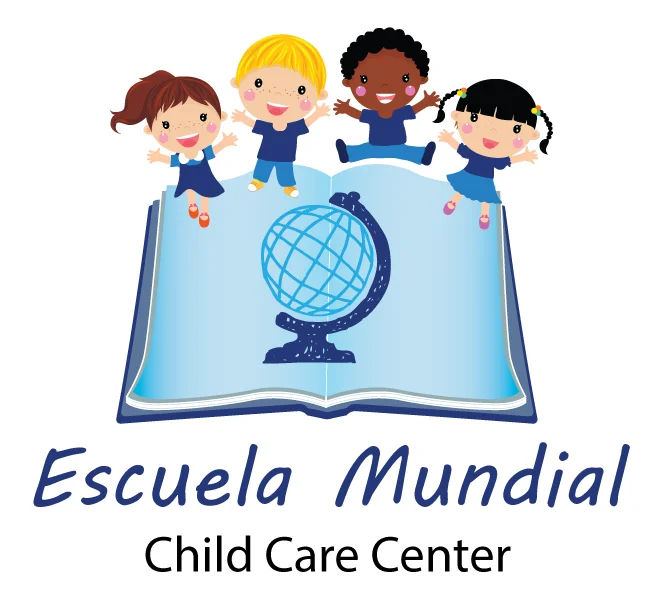WHY IMMERSION?
"In Minnesota, the growth has been exponential. In 2004, there were 25 immersion programs in the state; now, more than 10 years later, 90-plus immersion schools are enrolling more than 25000 students, said Tara Fortune, the immersion-program director at the University of Minnesota’s Center for Advanced Research on Language Acquisition.In immersion programs, students don’t just learn a new language rather the language becomes the lens through with required subjects – such as math, science, social studies and more – are learned.The result is a bilingual student with, educators argue, no less knowledge of the English language I the long term – and far more multicultural awareness throughout their livesImmersion advocates say the educational model will not only give Minnesota students a distinct edge in the workplaces of tomorrow, but also potentially narrow some of the pesky achievement gaps that hold back the state’s academically challenged kids."
-Minnesota Parent Magazine (University of Minnesota’s Center for Advanced Research on Language Acquisition)
our approach
- We provide consistent language clues, use careful questions, model answers and prompt group repetition to help children speak the new language
- The full immersion approach takes advantage of children’s unique ability to absorb the second language naturally, the same way they absorbed their first language.
- In a full immersion setting, children learn a second language without having to translate
- The window of opportunity, where the brain is hard-wired to learn language naturally, exists from birth to adolescence.
- Our native-speaking teachers use the foreign language for the entire session, taking advantage of a young child’s ability to mimic native accents flawlessly.
- We use bright, clear visuals, dynamic gestures, miming, vivid facial expressions, and dramatic voices to facilitate comprehension in the context of 100% immersion.
- Children are encouraged to actively use the foreign language throughout the course of each session.
- We use a system of rhythmic chanting to promote retention and retrieval of new words and key language structures.
- We use key phrases, simple, well-articulated consistency to promote comprehension and speaking
- Our teachers challenge each child to develop comprehension, basic verbal skills and increased spontaneous speech at his or her own pace.
- In this multi-level learning environment, newcomers learn from peer-models while more experienced children build confidence and leadership alongside more advanced language skills.


